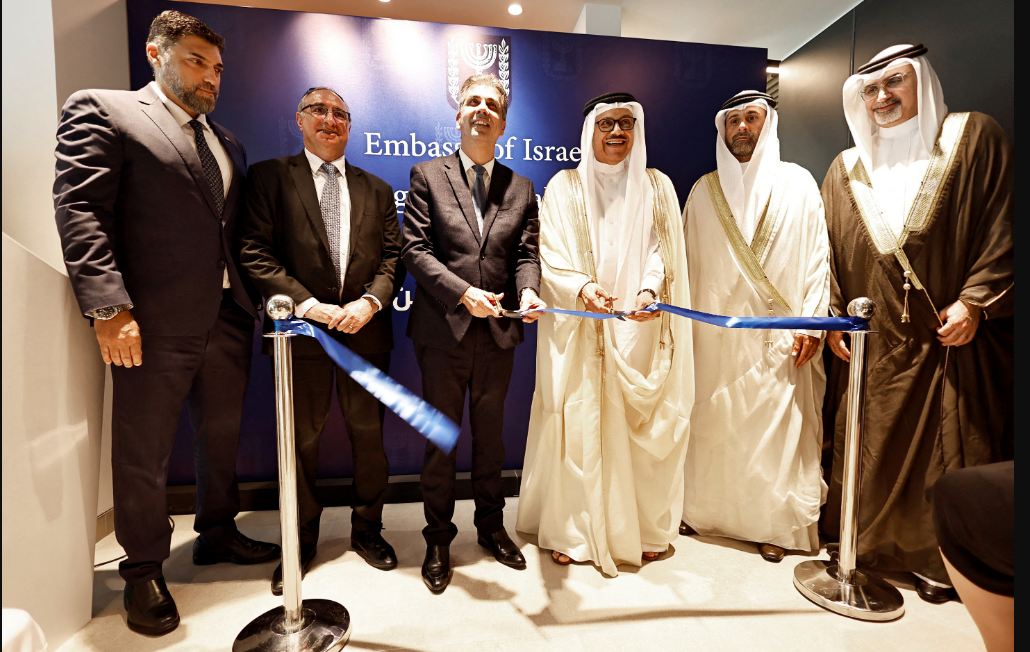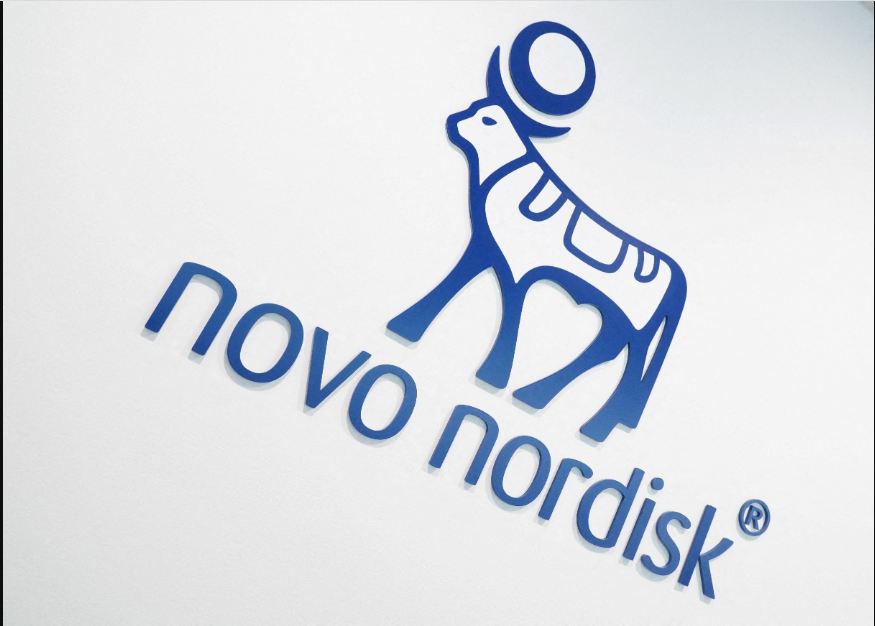Bahrain aims to use closer ties to tap Israel’s tech expertise
Tel Aviv (Reuters) – Bahrain aims to collaborate more with Israel on technologies that help it manage water and cope with climate change, as part of a broader boost in relations between the two countries, its Ambassador to Israel said on Thursday.
Along with the United Arab Emirates (UAE), Bahrain in September 2020 signed an agreement to establish formal ties with Israel under the so-called Abraham Accords, brokered by the United States. Sudan and Morocco followed suit and talks are ongoing with Saudi Arabia.
So far, the UAE has benefited most, with Israelis flocking to Dubai and bilateral trade between Israel and the UAE surpassing $2.5 billion in 2022 and reaching $1.85 billion in the first seven months of 2023.
Trade with Bahrain was just $8.5 million in the same seven months.
“It’s not going to happen overnight,” Khaled Yousef Al-Jalahma, the Ambassador of Bahrain to Israel, said at a Startup Nation Central conference in Tel Aviv to mark three years of the accords. He added some people have issues with coming to Israel while Israelis often look at Dubai and Abu Dhabi ahead of Bahrain.
Israel officially opened its embassy in Bahrain on Monday, with ministers agreeing to increase direct flights, tourism, trade volume and investment. Also this week, Israel Securities Authority signed an agreement with Bahrain’s central bank on fintech liaison.
Al-Jalahma said that as the relationship is still new, it is important to collaborate in as many fields as possible, but he singled out a few in particular.
“Agrotech is a very important technology that we’d be looking at and technology that deals with net zero carbon emission would be another.”
He pointed to a collaboration with Israel’s Sheba Medical Center, where Bahraini doctors will work in Israel and Sheba aims to open an innovation center in Bahrain.
Six hundred Israeli and Bahrani companies recently connected and there is a project to employ Bahraini workers to help fill jobs in Israel’s rapidly-growing tech sector.



